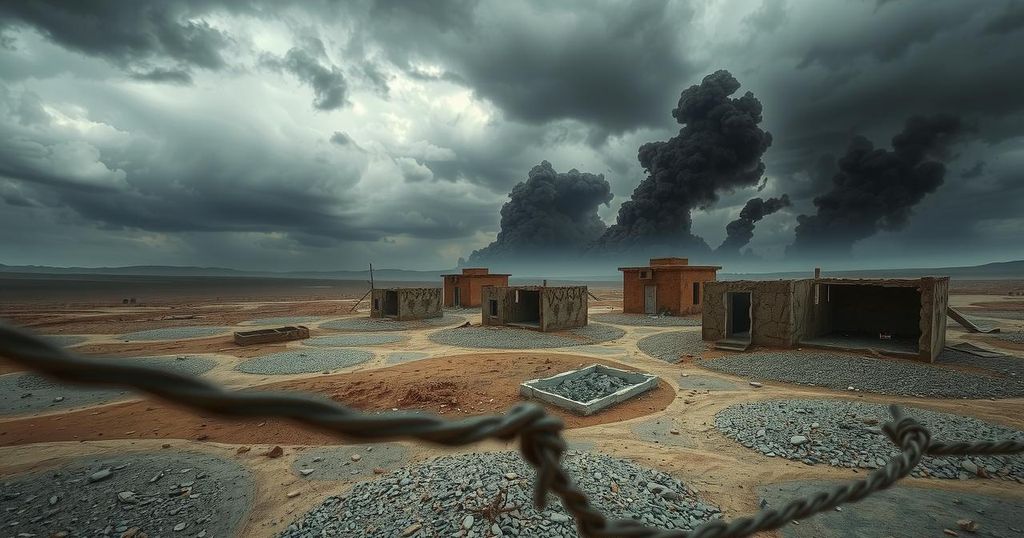Global news
AFP, AFRICA, ASIA, CIVIL WAR, CONFLICT RESOLUTION, DASSAULT RAFALE, ETHIOPIA, EUROPE, EUROPE/ASIA, EUROPEAN UNION, FRANCE, GENEVA, HUMANITARIAN CRISIS, HUMANITARIAN ISSUES, INDIA, ISTANBUL, JAMES GATLUAK, MACH, MACHAR, MUGHAL, NASIR, NASIR COUNTY, NORTH AMERICA, OCHA, REFUGEE CRISIS, REPUBLICAN PEOPLE ' S PARTY, SOUTH SUDAN, SUDAN, SWITZERLAND, TULSI GABBARD, TURKEY, UNITED STATES, UPPER NILE, UPPER NILE STATE, WASHINGTON
Isaac Bennett
0 Comments
Escalating Clashes in South Sudan Displace 50,000 Amid Calls for Mediation
Clashes in South Sudan have displaced 50,000 individuals amid rising tensions between rival forces supporting President Kiir and First Vice President Machar. Key humanitarian services are compromised, prompting Western nations to offer mediation. The UN warns of an impending civil war, emphasizing the need for dialogue between the factions.
In South Sudan, recent clashes between rival factions have resulted in the displacement of over 50,000 individuals since February, according to the United Nations. As tensions escalate between forces loyal to President Salva Kiir and First Vice President Riek Machar in the Upper Nile State, the stability of an already tenuous power-sharing agreement is threatened.
Amid rising violence, UN officials noted that more than 20 allies of Machar have been detained recently, exacerbating the risks facing vulnerable communities. Anita Kiki Gbeho from the UN Office for the Coordination of Humanitarian Affairs (OCHA) highlighted that the situation is severely impacting essential services.
In response to the escalating crisis, Western entities, including the United States and European Union, have expressed their willingness to facilitate dialogue between the conflicting leaders. An air strike in Nasir County, targeting Machar’s supporters, resulted in the tragic deaths of at least 20 people, including children, according to local reports.
OCHA reported that approximately 10,000 displaced individuals have fled into Ethiopia, and humanitarian efforts have been hampered, with 23 aid workers forced to withdraw and critical medical facilities closing. Nicholas Haysom, head of the UN Mission in South Sudan (UNMISS), warned that the nation is on the verge of slipping back into civil war and urged the involved parties to ease tensions to prevent further catastrophe.
The situation in South Sudan remains dire as clashes between rival factions continue to displace thousands, prompting international calls for mediation. With essential services disrupted and humanitarian efforts compromised, it is crucial for leaders to come together to de-escalate tensions and avert a return to civil conflict. The insights provided by UN officials underscore the urgent nature of responding to this crisis effectively.
Original Source: www.thenews.com.pk




Post Comment